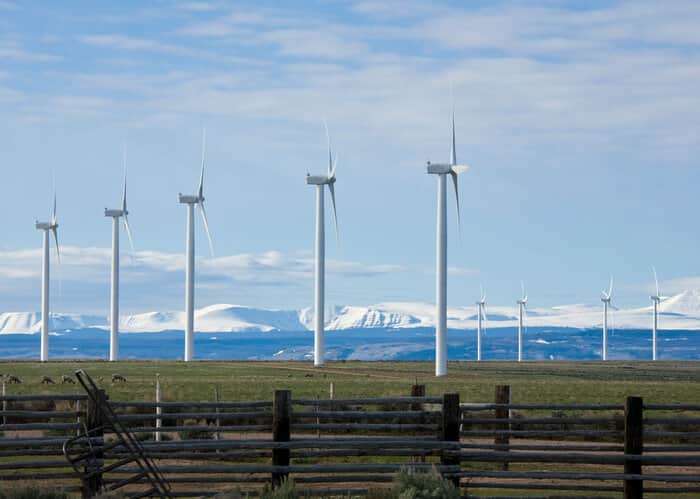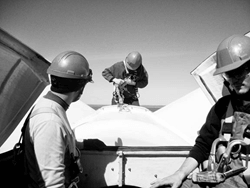 The economic impact of the U.S. Department of Energy's (DOE) National Renewable Energy Laboratory (NREL) was $872.3 million nationwide in fiscal year 2014, according to a study by the University of Colorado Boulder's Leeds School of Business.
The economic impact of the U.S. Department of Energy's (DOE) National Renewable Energy Laboratory (NREL) was $872.3 million nationwide in fiscal year 2014, according to a study by the University of Colorado Boulder's Leeds School of Business.
NREL develops clean energy and energy-efficiency technologies and practices, makes advances related to science and engineering, and provides knowledge and innovations to integrate energy systems at all scales. NREL received $382 million in funding during 2014.
Among other notable data points, the study found that NREL did the following:Â
- Employed 1,730 full-time and 105 part-time employees;
- Welcomed nearly 25,000 visitors to its campus and adjacent education center;
- Held 195 licensing agreements in 2014, resulting in the transfer of 166 new technologies for commercialization; and
- Helped to launch more than 30 clean energy companies, the basis stemming from NREL research.
The study also found that nearly 60% of workers at NREL are involved in research and development, according to the study, which also highlighted a highly educated workforce. Among NREL workers, 95% hold at least a bachelor's degree, and 63% have earned advanced degrees, including 31% with a doctorate.
‘This report shows how important NREL has become in taking our ongoing research into clean energy and making it available for the marketplace so that everyone can benefit,’ says Dan Arvizu, NREL director and president of Alliance for Sustainable Energy. ‘The completion of the NREL campus build-out plan gives our scientists better tools to do even more collaborative work with established companies and startups on new energy technologies.’
The study was funded by Alliance for Sustainable Energy LLC, which manages and operates NREL for DOE. To view the study, click here.



